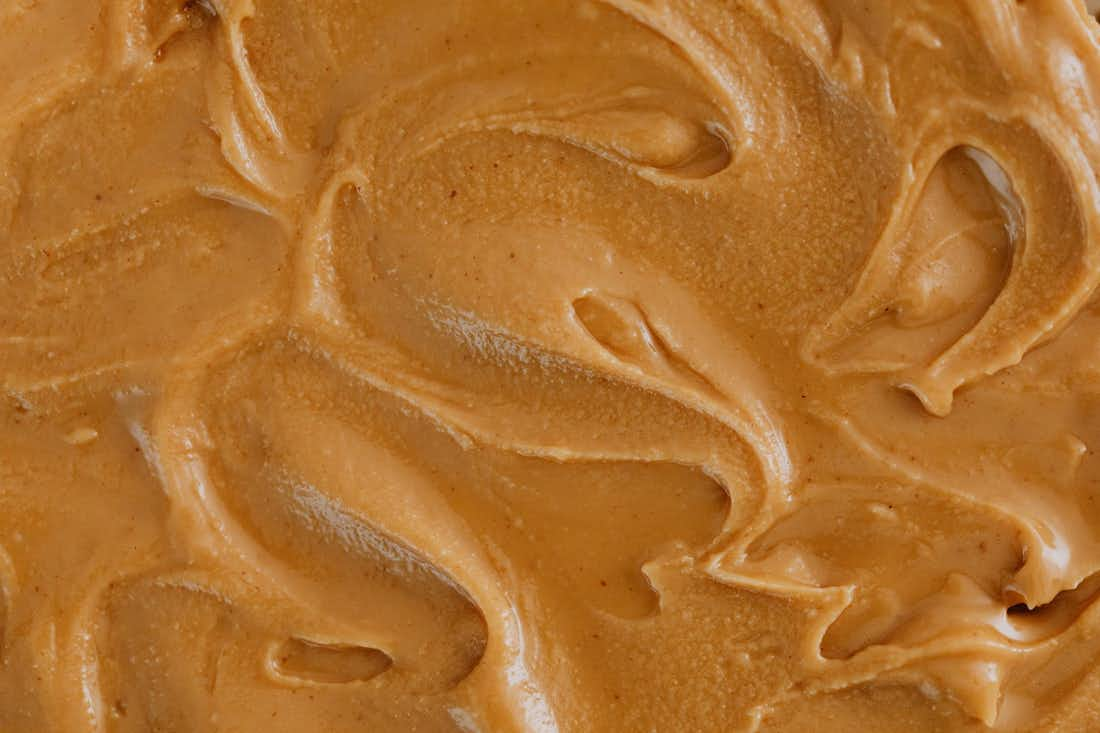Sep 29, 2021
What Is a HEPA Filter and Does It Help With Allergies?
5 minute read
HEPA stands for high-efficiency particulate air. HEPA filters are specially designed to keep allergens like pollen, mold, dust mites, and more out of the air in your home. If you're suffering from allergy symptoms at home, using a HEPA filter may help you get the relief that you need – and it might improve your air quality.
So, how do these air filters work, and what are their benefits for you if you deal with allergies? Let's find out.
HEPA Filters Explained
HEPA filters were first created to purify the air in military zones where radioactive particles were present. Later, the same technology became available for civilians, too – but for a less life-or-death purpose. HEPA filters were popularized for use in HVAC systems and as components in standalone air purifiers outside of the front lines.
What Makes HEPA Filters Special?
To qualify as a true HEPA filter, a filter has to catch and contain particles as small as 0.3 microns. In the HVAC world, this metric is referred to as penetrating particle size. It essentially means that the filter is capable of trapping more particles than those of a lower-grade variety.
A HEPA filter traps all these particles in a special layer made of fine mesh material. The filter's fibers catch everything from mold spores to bacteria to viruses, making them powerful air cleaners. A HEPA filter's ability to catch germs in the air has led to the filter being recommended by the CDC as a means of stopping the spread of COVID-19.
What Can HEPA Filters Do?
Whether you're suffering from allergies or just trying to improve your home's overall air quality, a HEPA filter is definitely worth considering.
Here are some of the big perks of installing a HEPA filter in your home:
- Interception of airborne allergens. Because of their ability to trap particles of up to 0.3 microns, HEPA-type filters can make a big difference in your allergy symptoms.
Because most airborne allergens are tiny – cat dander, for example, can be as small as 0.5 microns – they're tough to catch with standard cleaning tools. That's where your HEPA air purifier comes in – its filter fibers are tightly woven enough to catch the tiniest allergens.
- They remove mold and smoke from the air. Airborne smoke and mold can dramatically reduce the air quality in your home. Using a HEPA air purifier, you can breathe easy knowing that mold spores and residual smoke don't stand a chance.
Smoke averages at around 1 micron, and mold is typically between 20 and 200 microns, which means that your filter can catch particles of both and get them out of the air in your home.
What Can't HEPA Filters Do?
While HEPA filters can make a big difference in your home's air quality, they're not all-powerful. Here are a few things that they can't do:
Catch and remove volatile organic compounds (VOCs). VOCs are dangerous chemicals that can pose a serious threat to your health. Unfortunately, the particles that make up these gases don't stick to the fibers of a HEPA filter, so you'll need a specialized air purifier with a carbon filter if VOCs are a particular concern of yours.
Make your home completely free of allergens. It would be great if setting up a HEPA air purifier in your home could get rid of all of the potential allergy triggers in your home – but that's not the case.
While a HEPA filter can significantly increase indoor air quality, some of the media hype about the filters is admittedly a bit overblown. They're not a miracle cure for allergies, and they won't make you immune to catching a virus. Nevertheless, a HEPA filter still makes an excellent addition to your HVAC system!
What Else Should You Do To Keep Your Home Allergen-Free?
While HEPA filters can certainly be helpful, it's always a good move to be as proactive as possible when it comes to allergy prevention. To get the best possible air quality, follow these tips:
Vacuum Often
An air purifier with a HEPA filter can help you get allergy relief by trapping airborne allergens that float around in your home. However, HEPA filtration isn't necessarily an effective means of getting rid of allergens on the surfaces around your house – floors, countertops, bedding, curtains, and more can all be allergy hotspots.
To get rid of the allergens in these parts of your home, vacuuming can be a huge help. If you live in a house with pets and suffer from allergies, using a vacuum cleaner often is especially essential. A HEPA filter can catch pet dander in some cases, but hair and other larger particles left behind by your pet will still linger.
Don't Smoke – Especially Not Inside
Smoking won't do you any favors when it comes to your health – and it can seriously degrade the air quality in your home, too. On top of making conditions like asthma worse, smoking has been found to be one of the key contributors to in-home air pollution.
When you smoke, you're setting yourself up for more severe allergy symptoms, whether you're in your home or outside. Quitting is one of the best things you can do for your health, and it's also a great way to improve air quality.
Want to Learn More About Living an Allergy-Free Life?
If you're tired of dealing with allergy symptoms and want a treatment that works, Cleared has exactly what you’re looking for. We specialize in treating stubborn cases of seasonal allergies using science-backed solutions like immunotherapy and prescription medication.
Want to get started with your journey to an allergy life? The best place to begin is with one of our at-home allergy tests. Visit the allergy testing page for more information! Reviewed by Dr. Payel Gupta
Sources:
What is a HEPA filter? | US EPA
Volatile Organic Compounds' Impact on Indoor Air Quality | US EPA
Tobacco smoke particles and indoor air quality (ToPIQ) - the protocol of a new study | NCBI

